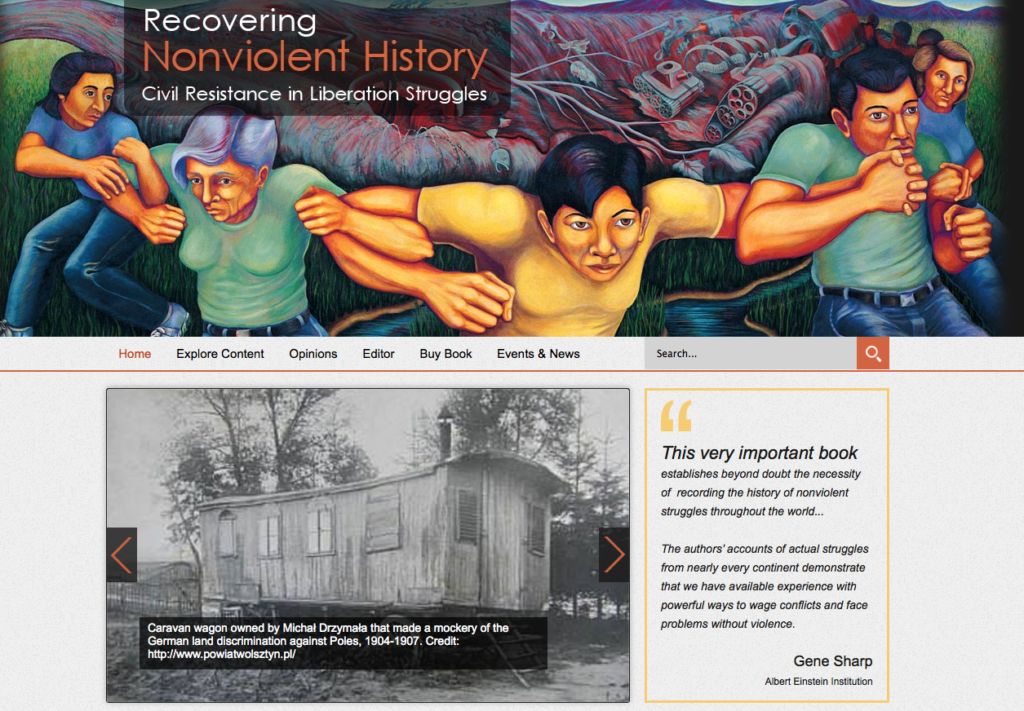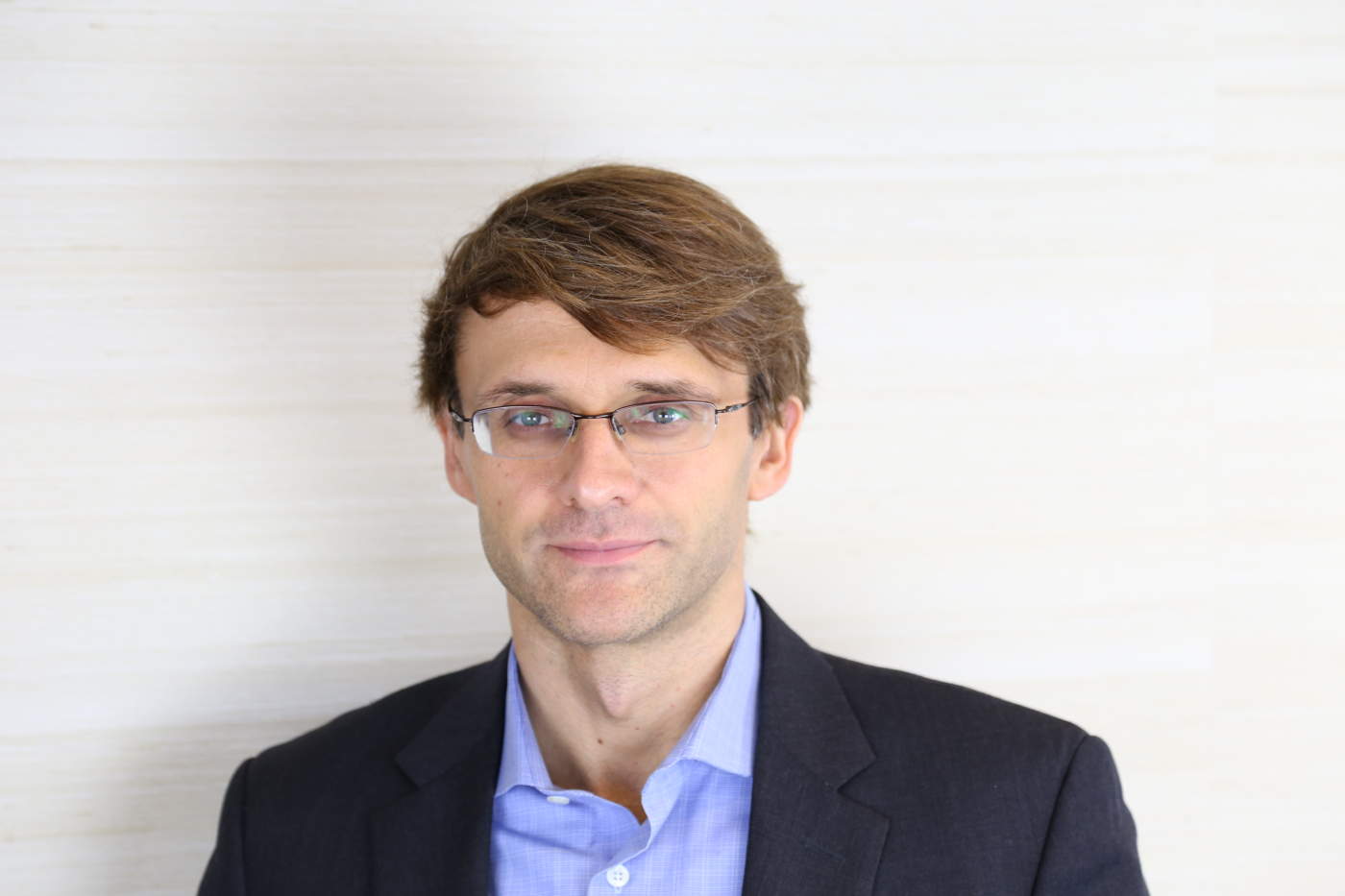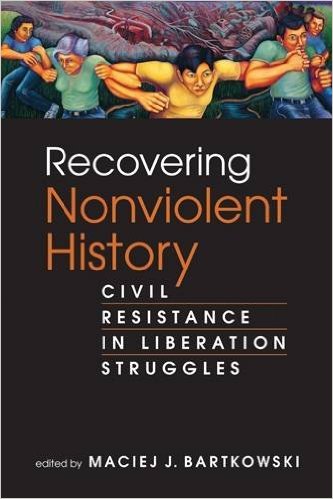In their posts, Chabot and Lytwak conflate– as in the article that I critiqued– the theory, practice and history of civil resistance in a way that is contradictory and ahistorical.
“Sharp’s Westernized scientific model of nonviolent action was the basic source of inspiration for people power struggles around the world” writes Chabot and
together with Lytwak he brings up the examples of Poland, Czech Republic, Chile and South Africa that are somehow the incarnation of that model.
I studied these campaigns closely, in particular the movements in Central Europe and I found neither dissidents’ narratives nor any other empirical evidences that would suggest that people fought against communism, antiapartheid and Pinochet’s regimes while having been inspired by “Sharp’s Westernized scientific model.” The inspiration for the resistance in these countries– contrary to what Chabot claims- did not come from Sharp or his writings or trainings. In fact it came from the populations of these countries and, specifically, from their own histories, cultures, traditions, type of repressions they faced and the learning from their mistakes in the previous struggles.
Since Poland was brought up a couple of times in various posts, let me focus on this case to show the fallacy of Chabot and Lytwak’s main arguments. These arguments center around the use of the Sharpian rational-strategic model by nonviolent movements (adopted by the Polish anti-communist opposition) to the detriment of the constructive program that might have created an alternative system to neoliberalism (that Poland – like its southern neighbor Czech Republic – now suffers under).
In my edited book Recovering Nonviolent History I wrote in details about the nonviolent struggle that Poles waged against the partitioning powers in the second half of 19th century. This resistance took place well before Gandhi but was rooted in the extremely sophisticated nonviolent resistance initiatives known as ‘organic work’ – the equivalent of the Gandhian constructive program – combined with nonviolent direct actions. Next to describing and evaluating the impact of the constructive, cultural and direct forms of nonviolent resistance I also observed that the inspiration for the Polish anti-communist opposition and the Solidarity movement in the 20th century – rather than originating from Sharp or his philosophy that Chabot and Lytwak implied – in fact came from their 19th century progenitors. Here is the relevant part:
“… the 19th century nonviolent resistance and its constructive program of creating and running parallel institutions served as an inspiration for future generations of Poles faced with oppression. The conspiratorial experience of organizing and running secret education became ingrained in the collective memory of the national resistance. It was recalled during traumatic events such as the German occupation of 1939-45 and during communist rule, particularly the 1970s and 1980s when widespread illegal education, including the re-establishment of the flying university, ensured the truthful reading of national history, culture and tradition. In fact, working at the base of society became the imperative nonviolent strategy of the anti-communist opposition. Solidarity leaders drew parallels between their nonviolent efforts to liberate the society from the control of the communist government and the 19th century organicists and their nonviolent strategies to undermine the authority of the partitioning powers.
One of the most influential exegeses of Polish history and past resistance during the communist period was undertaken by the historian Bohdan Cywinski who published his 1971 book under the revealing title, “Genealogy of the Defiant.” The book made parallels between their nonviolent defiant attitude and practice against the Tsarist government and the then-contemporary resistance against the communist regime.”
In another writing I describe the extent to which the Solidarity movement incorporated into its resistance repertoire the elements of the constructive program by building parallel legal, semi-legal and illegal political, social, economic and cultural institutions autonomous to and in opposition to the formal communist structures. In fact, the Polish anti-communist resistance that stretched over two decades provides one of the best examples of the effective incorporation of the constructive program that undergird other direct and cultural forms of nonviolent actions. Arguably, the constructive form of resistance under communism ensured the survival and development of the society despite repressive policies. The study also highlighted a longer term impact of this type of resistance that became apparent in the eruption of civil society organizations, including nonprofit foundations, independent media, women’s organizations, environmental groups, neighborhood associations that came from underground, were legalized and began operating freely very soon after the political change of 1989.
If Poland is now seen as the neoliberal project that was somehow forged in the fire of the Sharpian instrumental resistance this means that either someone has little knowledge about the nature of the anti-communist resistance in Poland (and for that matter neighboring states) or in fact that the constructive program and neoliberalism might in some aspects go hand in hand. It was the constructive way of organizing and running parallel underground and above-the-ground institutions that instilled in Poles individual entrepreneurship and civic initiative (that the communist government so desperately wanted to deprive people of) while combining it with self-empowerment and economic survival skills (particularly at the time of shortages of basic produce which I so vividly remember from my teenage years).
It might be then less surprising that throughout the transition years of 1989-1992 when the economic hardship of reforms was the greatest (25% unemployment combined with hyperinflation) Poles overwhelmingly – more than 70% – supported the direction of both political and economic reforms.
If now Poland is living through its neoliberal age it is not because the anti-communist opposition did not develop or implement- as part of their resistance – a genuinely impressive and effective constructive program. They did. Or because the resistance was driven by the invisible Sharpian hand. It did not. Poles live through the neoliberal order because they chose to.
I used Poland’s example to illustrate the contradiction in Chabot and Lytwak argumentation but one can as easily consider the cases of Chile, South Africa or Czech Republic to the same effect.
If we adopt the arguments presented by Chabot then what Ukrainians are doing on their ‘euromaidans’ today will be criticized tomorrow because of the EU neoliberal order that Ukrainians want to join. But in fact, the struggle is for something much greater than the economic order – it is about the core identity that Ukrainians fight for and the civilizational choices that the society is presented with: closer integration with undemocratic and nationalistic Russia or pursuing democratic, pluralistic and liberal Europe. Millions of Ukrainians that came out on the streets of numerous Ukrainian cities already made their choice.
Finally, the arguments of my interlocutors remind me of the far-left Western ideologues that defended communism in the Soviet Union and Central Europe for its egalitarian ideals as well as a creative practice of societal transformation. This was to bring us closer to some kind of collective (utopian) good even though individual freedoms and political rights were trampled. However, winning political freedom – even if one relies only on direct nonviolent actions (which in fact happens rarely if ever)- is an indispensable element of building just and open society that we all strive for.





Recent Comments